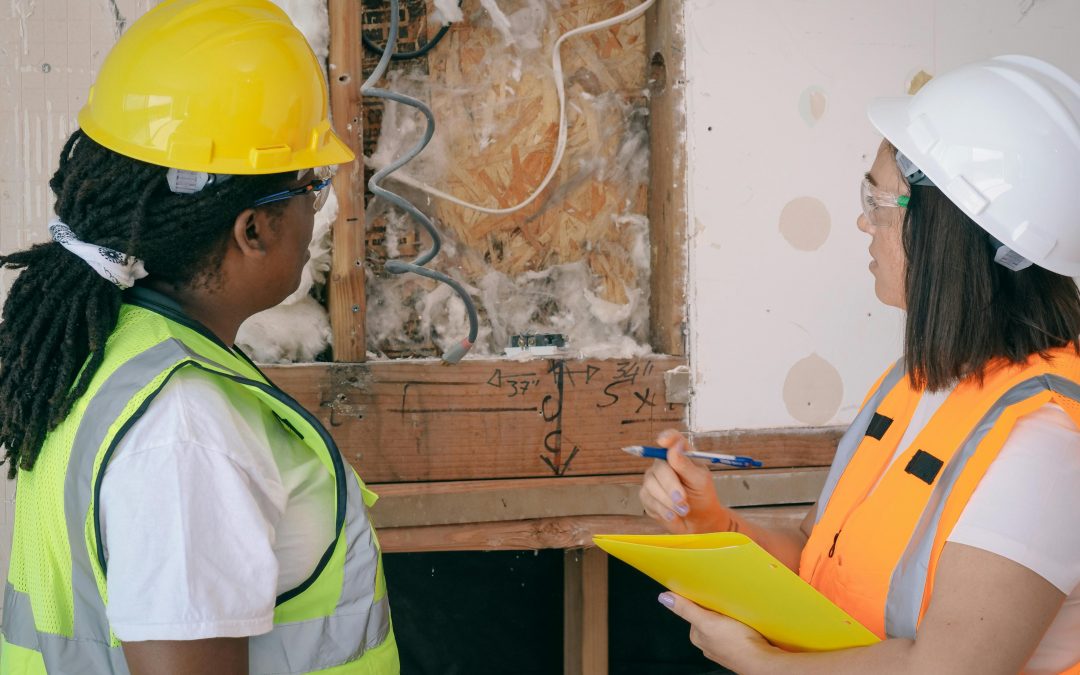Homeowners often overlook the importance of regular electrical inspections, which can be critical in maintaining a safe and efficient home. Electrical systems are complex, and minor issues can easily go unnoticed until they become significant problems. Regular inspections prevent electrical hazards and ensure your system runs smoothly. Knowing when to call a residential electrical contractor for inspections is essential for your home’s long-term safety and functionality. We will explore key signs that signal the need for a professional electrical inspection and why timely action is necessary.
After Major Renovations or Remodeling
One of the most critical times to call a JB Electric residential electrical contractor for an inspection is after major renovations or remodeling projects. Even if the renovation didn’t directly involve electrical work, the changes to the layout, walls, or other structures can affect the wiring and electrical systems. For example, knocking down walls or installing new fixtures can disturb the hidden wiring. Additionally, renovations often involve the installation of new appliances or lighting systems that can place added strain on the home’s electrical capacity. These changes can lead to potential overloads, short circuits, or fire hazards without an inspection.
During renovations, homeowners may inadvertently ignore electrical codes, which are crucial for safety. Professional electrical contractors ensure that your home’s electrical system complies with current safety standards. This prevents dangerous electrical issues and helps you avoid legal complications. For instance, if you plan to sell your home, most buyers will require an electrical inspection to confirm that the system is up to code. Without one, the sale might be delayed or derailed altogether. Therefore, after significant changes to your home’s structure, it’s vital to call a professional for a thorough electrical inspection.
When Your Home is Old or Has Outdated Wiring
If your home is over 20 to 30, it may be time to schedule an electrical inspection, especially if the wiring has never been updated. Older homes often have wiring systems designed to meet the electrical demands of decades ago, which are significantly lower than today’s standards. As modern households rely on more electrical appliances and devices, these outdated systems struggle to handle the increased load. This can lead to frequent circuit breaker trips, flickering lights, or even dangerous electrical fires.
Older wiring materials, such as knob-and-tube wiring or aluminum wiring, pose specific risks that modern electrical systems have mitigated. For instance, knob-and-tube wiring lacks proper grounding, which increases the risk of electrical shock. Aluminum wiring, commonly used in homes built in the 1960s and 1970s, can become loose or corroded, leading to overheating and fires. An electrical contractor will assess the condition of your wiring and determine if an upgrade is necessary to keep your home safe.
If your older home appears to function without issues, hidden electrical problems can still exist. For example, overloaded circuits or damaged wires can be concealed behind walls. An inspection ensures these issues are detected before they escalate into dangerous situations. If you’ve noticed any signs of electrical problems—such as burning smells, discolored outlets, or unusual noises from your electrical system—an immediate inspection is crucial, particularly in an older home.
Before Buying or Selling a Home
Another ideal time to schedule an electrical inspection is when buying or selling a home. For buyers, an inspection helps ensure the home’s electrical system is safe and functioning properly before closing the deal. It can also identify potential issues that may require repairs, which can be a bargaining point during the negotiation process. Conducting an inspection beforehand allows sellers to address any electrical issues, making their home more appealing to buyers.
An electrical inspection before a home purchase can reveal hidden problems that may not be immediately apparent during a general home inspection. For instance, overloaded circuits, faulty outlets, or improper wiring are issues that can go unnoticed but pose significant risks to the safety of the household. Furthermore, an outdated electrical system can be costly to repair or upgrade. Identifying these issues before the purchase allows buyers to make informed decisions about their investment.
Sellers also benefit from scheduling an electrical inspection before listing their home. A home with an updated and safe electrical system is more attractive to potential buyers, which can speed up the selling process. Addressing any necessary electrical repairs or upgrades in advance can ensure the sale is on time. Additionally, some jurisdictions require electrical inspections as part of the home selling process, making it mandatory to ensure a smooth transaction.
Regular electrical inspections are essential to ensure your home’s electrical system’s safety, efficiency, and longevity. Whether after major renovations, in an older home, before buying or selling a property, or following severe storms, timely inspections can prevent small issues from escalating into significant problems. Recognizing the warning signs of electrical problems and calling a professional residential electrical contractor when necessary can save you from dangerous hazards and costly repairs. Homeowners can maintain a safe and functional living environment for years by staying proactive.

Recent Comments